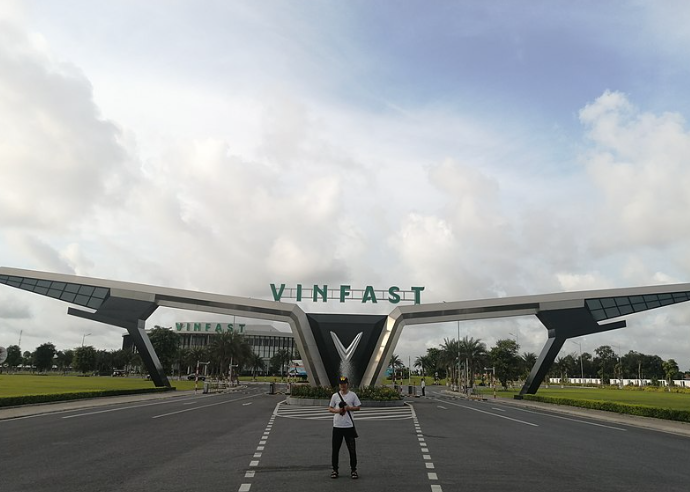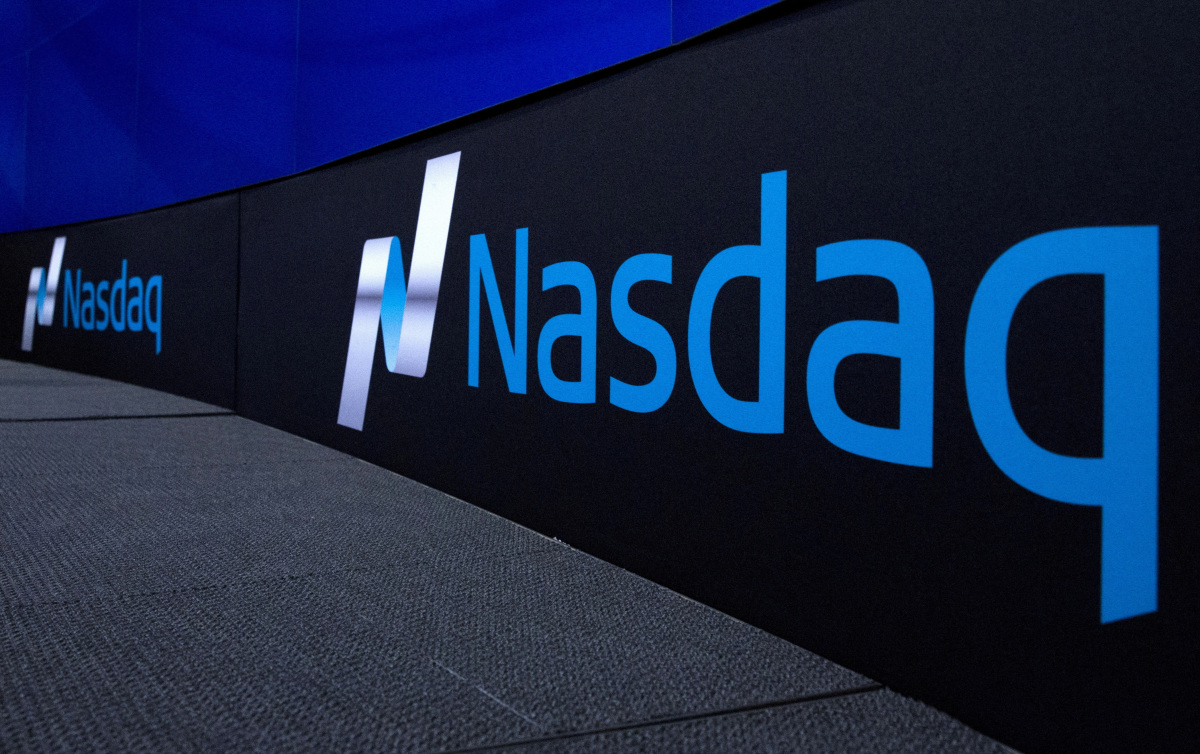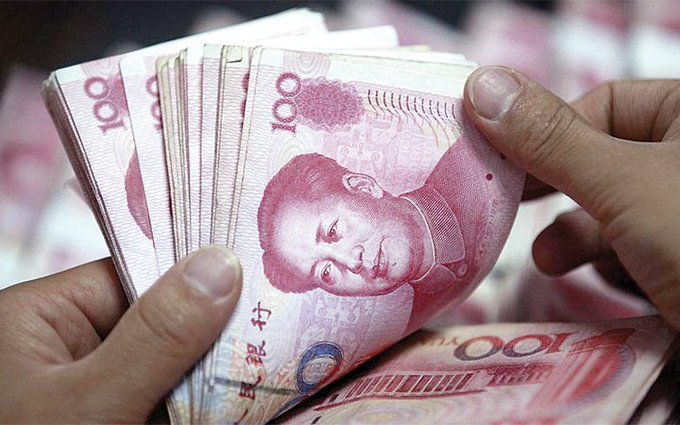Vietnamese electric vehicle maker VinFast said on Wednesday it had received a fresh round of funding pledges worth $2.5 billion for its future development, in a move that may signal a new delay to its planned listing in the United States.
Two people familiar with the matter had previously told Reuters that VinFast’s planned U.S. Initial Public Offering (IPO) may be further delayed, with one saying it could be pushed into next year due to unfavourable market conditions.
Wikimedia Commons
VinFast had no immediate comment about the impact of the fundraising on its planned IPO on Wednesday. Last week it declined to comment on the listing.
VinFast, which began operations in 2019, is gearing up to expand in the U.S. market, where it hopes to build a car and battery plant to compete with legacy automakers and startups, although shipments of vehicles from its factory in Vietnam have so far proceeded slowly.
Of the new pledges, $1 billion will be provided as a grant within the next year from founder Pham Nhat Vuong, Vietnam’s richest man, the company said in a statement.
Parent company Vingroup (VIC.HM), Vietnam’s biggest conglomerate, will provide a grant of $500 million plus a $1 billion loan with a maturity of up to five years.
That would increase total funds raised by VinFast to $10.7 billion, based on earlier company filings.
The grants and loan will “give a push for VinFast to accelerate its development,” the company said.
Vingroup has plans to raise money from possible sales of assets from its shopping mall arm and real estate developer, Reuters exclusively reported in March.
VinFast first flagged a U.S. IPO in April 2021, aiming to raise $2 billion with a valuation of about $60 billion.
The listing was initially planned for the second half of last year and a number of bankers have since said the IPO was expected this year. However, there was no updated timeline in the company’s latest filing to U.S. authorities in March.
The market valuation for EV startups has drastically cooled after some companies with sky-high valuations faced scrutiny amid the gloomy global economic outlook.







